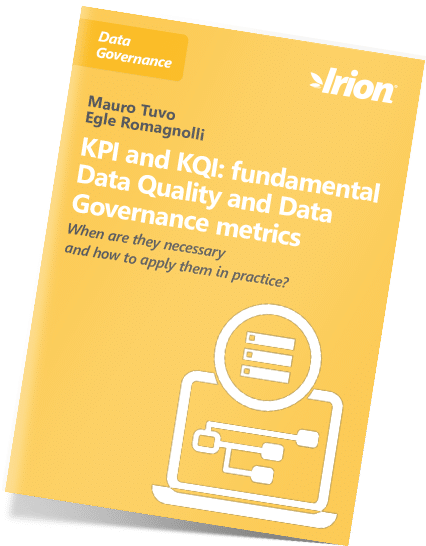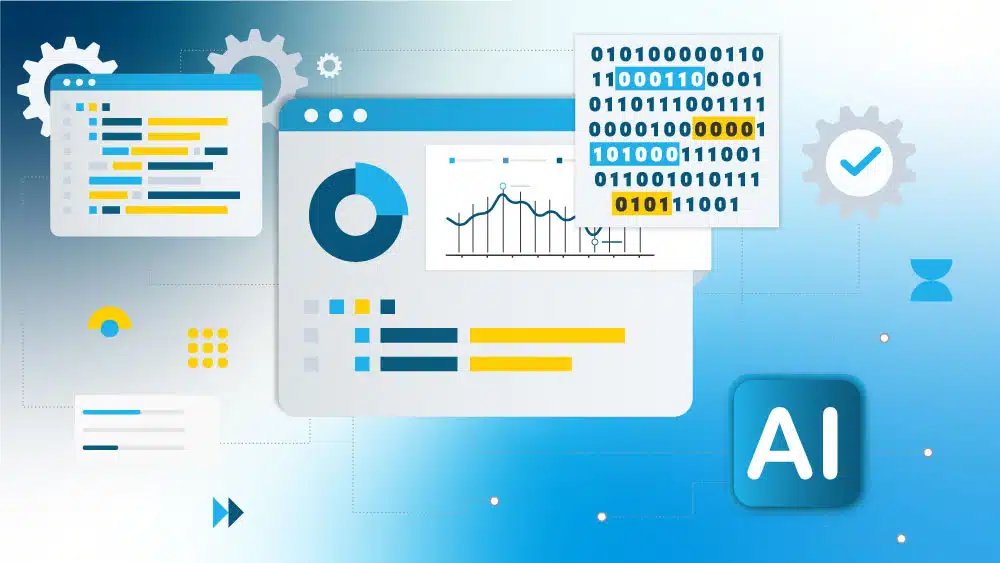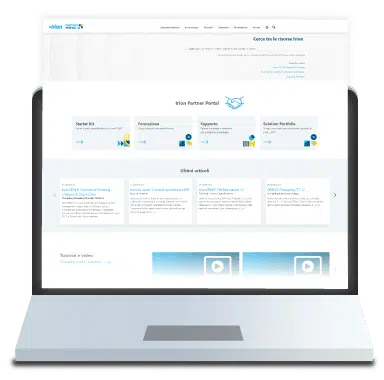
KPI and KQI: Fundamental Data Quality and Data Governance metrics
VISIT IRION RESOURCE CENTER
free download
KPI and KQI: Fundamental Data Quality and Data Governance metrics

Egle Romagnolli
She holds a bachelor’s degree in Economics and Commerce and an advanced specialization in Research, Organization and Quantitative Data Analysis from SDA Bocconi. An expert in Information Data Governance, she has coordinated numerous interventions and projects at international groups, particularly in the banking and insurance sectors. She has many years of experience in these areas, working at consulting companies and dealing with the application of guidelines, frameworks and specialized techniques for the implementation of Data Management, Data Quality as well as Data Governance systems, also aimed at compliance with national and international regulations (Circ. 285 Bank of Italy, Regulation 20 IVASS, Basel, Solvency, BCBS239, GDPR etc.).
A speaker at several events dedicated to the world of data, she participates in AbiLab’s Information Governance Observatory, is a member of DAMA Italy and is an active participant in the Milan Polytechnic Observatory dedicated to Big Data & Analytics.

Mauro Tuvo
At Irion as Principal Advisor, Mauro Tuvo has been supporting Italian and European organizations in the management of information assets for over thirty years, taking care of the development and oversight of offerings, solution design and development of business opportunities related to Enterprise Data Management issues. His activities over time have focused on Data Quality, Data Governance, and Compliance (GDPR, IFRS17, Regulatory Reporting), gaining extensive experience over the years in defining and applying methodologies that have seen him play a leading role in the market and in academic and policy contexts. An author of texts, articles and publications on topics related to data management, Mauro has lectured in master’s and graduate courses at the universities of Padua, Pavia and Verona. He participates as a speaker at conferences and seminars and has been a member of ABI Lab’s Information Governance Observatory since 2011.












